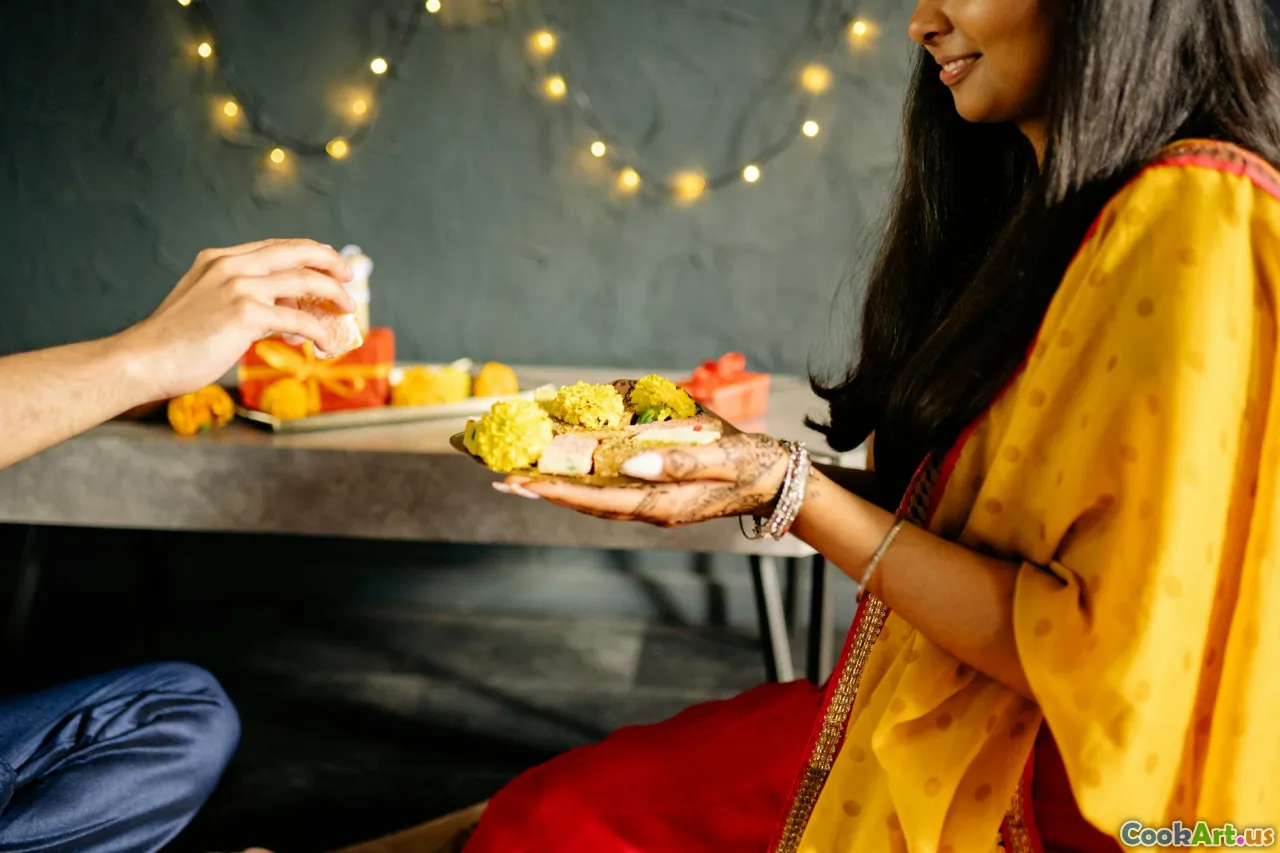Celebrating Festivals Through Food
5 min read Explore how food plays a vital role in festivals, celebrating culture and traditions through vibrant dishes and culinary experiences. April 05, 2025 17:45
Celebrating Festivals Through Food
Food is a universal language, and during festivals, it becomes a vibrant and colorful dialect that expresses culture, community, and tradition. From the sweet treats of Diwali to the savory dishes of Thanksgiving, festivals around the world are often defined by the foods associated with them. In this article, we will explore how different cultures celebrate through food, the significance of these culinary traditions, and some surprising facts that highlight the deep-rooted connection between food and festivity.
The Role of Food in Festivals
Food during festivals is much more than sustenance; it represents cultural identity and heritage. Each dish tells a story, representing the history and values of a community. During festivals, families and friends gather to share meals, reinforcing social bonds and creating lasting memories.
Symbolism in Festive Foods
Many festive foods carry symbolic meanings. For instance:
- Round Foods: In various cultures, round foods symbolize the cycle of life. In Spain, for New Year's Eve, it is customary to eat twelve grapes at midnight, each representing good luck for the upcoming months.
- Sweet Treats: Sweets are synonymous with celebrations. In India, during Diwali, families prepare and share sweets like ladoos and barfis, symbolizing joy and prosperity.
- Meats and Feasts: In many cultures, the act of feasting on meat signifies abundance. The Thanksgiving turkey in the U.S. represents the harvest and gratitude.
Unique Festival Foods Around the World
1. Carnival in Brazil
During Brazil's Carnival, street vendors serve up feijoada, a hearty black bean stew with pork, showcasing the country's diverse culinary influences. The dish is often enjoyed with rice, collard greens, and orange slices, reflecting the festival's vibrant atmosphere.
2. Oktoberfest in Germany
Oktoberfest is synonymous with beer, but the festival also features traditional foods like pretzels, bratwurst, and sauerkraut. These dishes highlight Germany's rich agricultural practices and communal spirit, making the festival a gastronomic celebration.
3. Chinese New Year
Foods during Chinese New Year are steeped in symbolism. For instance, fish is served for prosperity, while dumplings represent wealth. The reunion dinner on the eve of the festival is a significant event, where families gather to enjoy a lavish meal together.
4. Eid al-Fitr
After a month of fasting, Eid al-Fitr is marked by festive feasts featuring dishes like biryani, kebabs, and a variety of sweets. This festival emphasizes sharing and generosity, with families often preparing larger quantities to share with neighbors and the less fortunate.
The Cooking Techniques Behind Festival Foods
The preparation of festive foods often involves traditional cooking techniques passed down through generations. For example:
- Slow Cooking: Many cultures utilize slow cooking methods for stews and braises, enhancing flavors and allowing time for family connections.
- Baking and Frying: From the samosas of Indian festivals to the pavlova of Australian celebrations, baking and frying play crucial roles in creating festive treats.
- Pickling and Preserving: In many cultures, pickling is a common practice during harvest festivals, preserving seasonal produce for use throughout the year.
Conclusion
Festivals and food are interwoven in a tapestry of culture and tradition. Celebrating through food allows us to honor our heritage, connect with loved ones, and share joy with our communities. The next time you partake in a festival meal, remember that you are not just consuming food; you are partaking in a rich narrative that transcends time and geography. Whether it’s the spicy dishes of a summer festival or the comforting sweets of winter celebrations, food continues to be a joyous expression of our cultural identities.
In celebrating festivals through food, we not only nourish our bodies but also feed our souls with stories, traditions, and an appreciation for the diversity of human experience.









